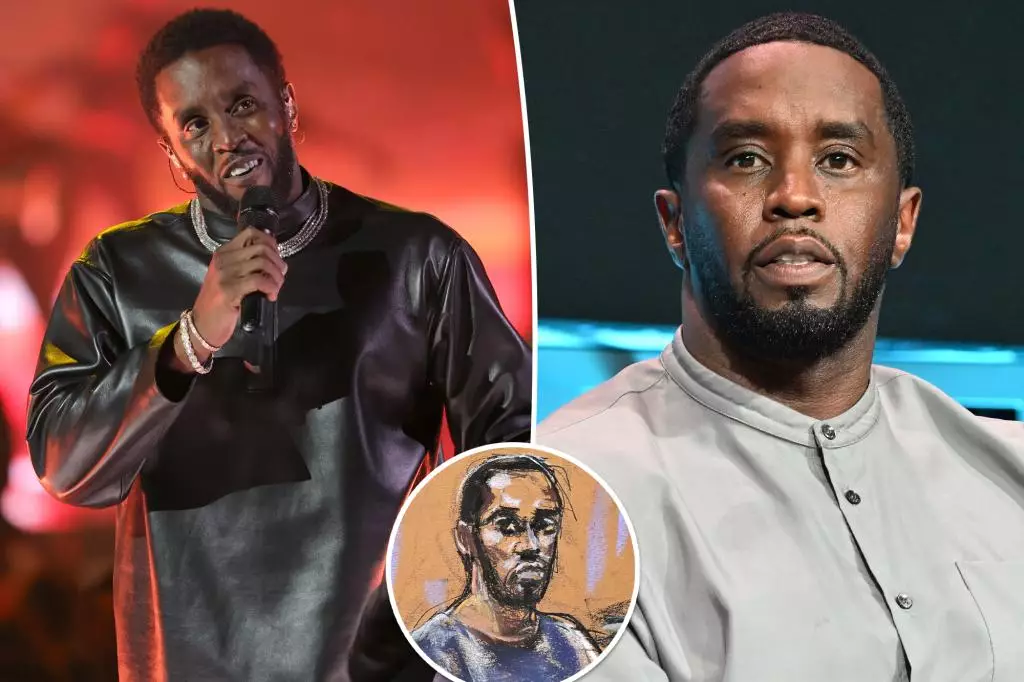Sean “Diddy” Combs, the renowned music mogul, is currently under immense scrutiny as he prepares for a high-stakes trial centered around serious charges including sex trafficking and racketeering. Recently taken off suicide watch, Combs appears to be directing his focus on his legal defense, as stated by his attorney, who highlighted the rapper’s “strong” and “focused” demeanor in light of the challenging circumstances surrounding him. This article will explore the implications of his current situation, the severity of the charges he faces, and the broader context of celebrity accountability.
The transition of Combs being removed from suicide watch raises questions about his mental health and overall well-being. Initially placed on this heightened level of supervision after being denied bail following his arrest on September 16, Combs’ mental state was considered precarious at that time. The U.S. Department of Justice provides a clear definition of suicide watch as a set of safety measures applied to inmates deemed at risk for self-harm. This indicates that Combs’ situation was taken very seriously by correctional authorities, reflecting the broader crisis of mental health management within the penal system. As he interacts with family and prepares for his court appearance, one must ponder how these experiences might take a toll on an individual already burdened by severe legal accusations.
Combs finds himself embroiled in legal trouble following an investigation by Homeland Security that culminated in raids at his properties in Miami and Los Angeles. Reports indicate that authorities discovered not only drugs but also alarming quantities of lubricant—over 1,000 bottles—which is integral to the disturbing nature of the allegations against him. The charges suggest a considerable scope of criminal activity that extends beyond mere accusations, engaging in a “criminal enterprise” with activities entailing sex trafficking, forced labor, and even kidnapping. The severity of these claims positions Combs in a precarious legal battle, one that threatens to unravel his career and reputation irreparably.
The allegations against Combs are part of a broader conversation regarding accountability among influential figures in the entertainment industry. His legal challenges come on the heels of a lawsuit filed by his ex-girlfriend, Cassie Ventura, alleging severe misconduct, including sexual abuse. The rapid settlement of this lawsuit has been met with skepticism and varying interpretations of vulnerability and guilt. Combs’ attorney noted that the decision to settle was made to avoid prolonged distress, reinforcing the notion that even celebrities are expected to face the consequences of their actions.
In a social landscape demanding justice and accountability, the outcome of Combs’ trial could have significant ramifications, not only for his life but also for the cultural dialogue about consent, abuse, and the power dynamics that often permeate relationships within the celebrity sphere.
As Sean Combs moves through this challenging phase of his life, the intersection of public perception and personal reality provides a compelling narrative worth closely monitoring. The resolution of these issues may shape perceptions of accountability for influential individuals and serve as a cautionary tale regarding the potential for abuse within the realms of fame and fortune.

